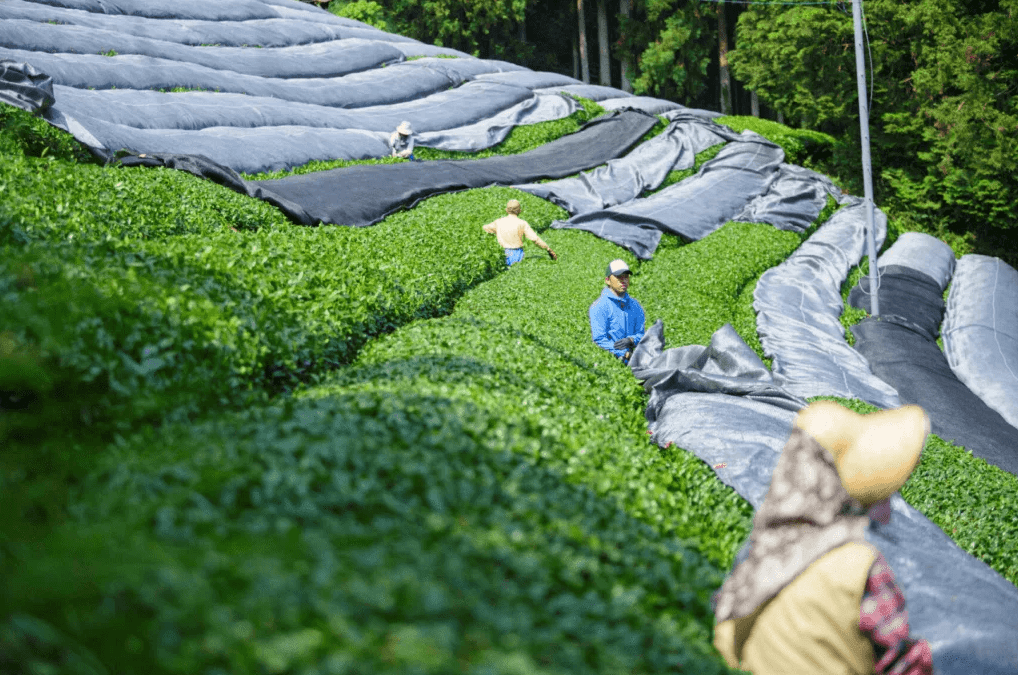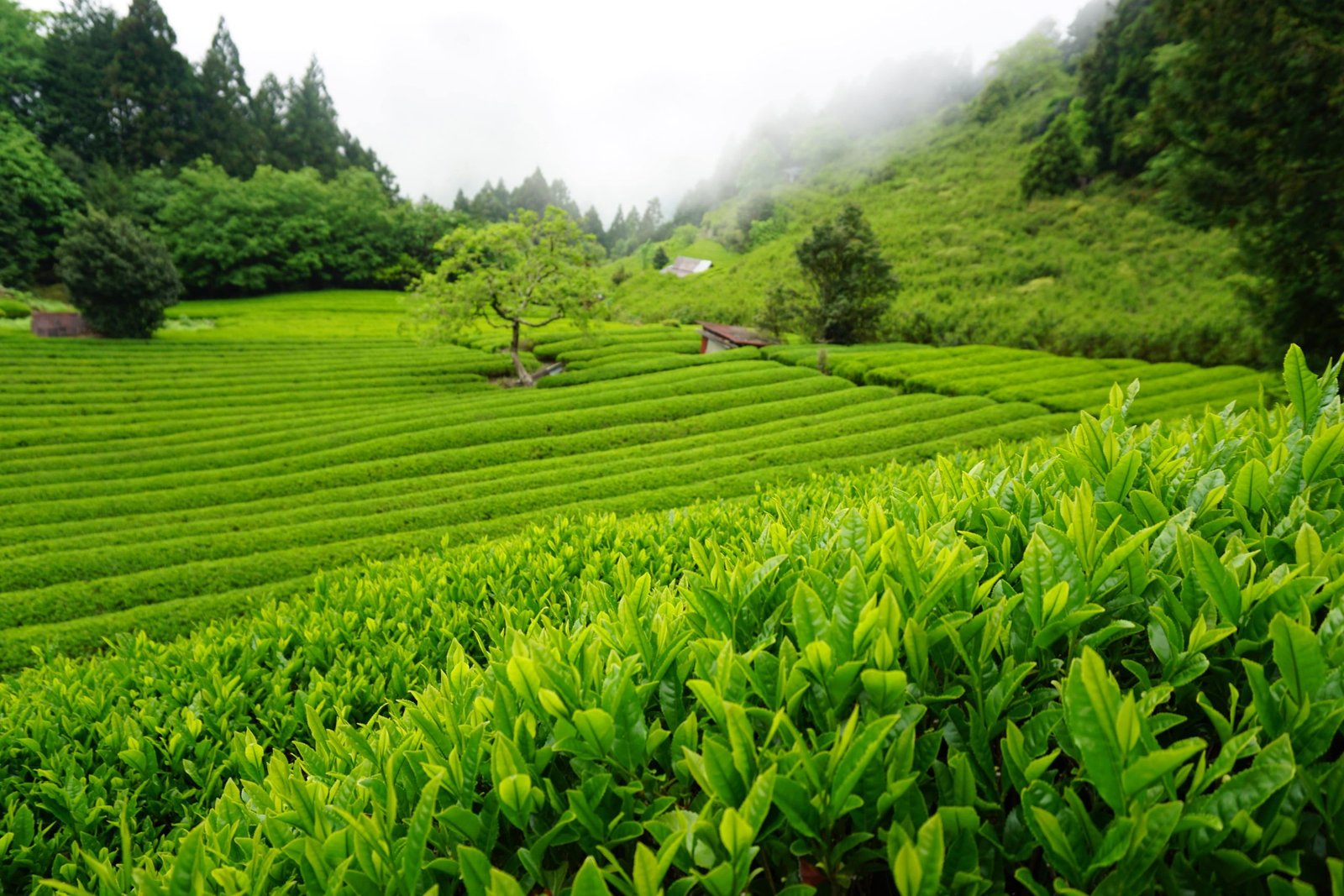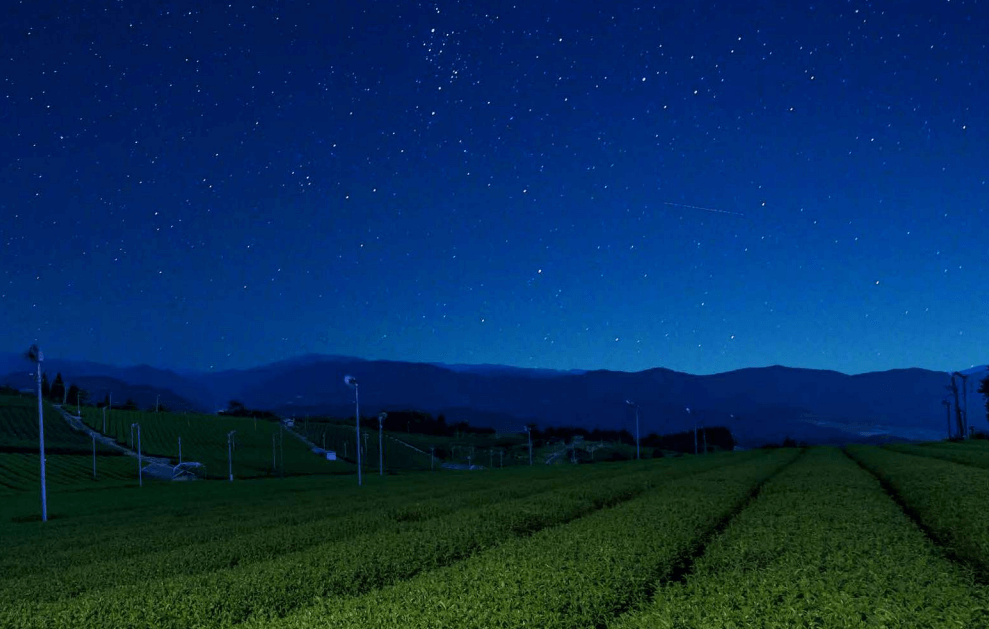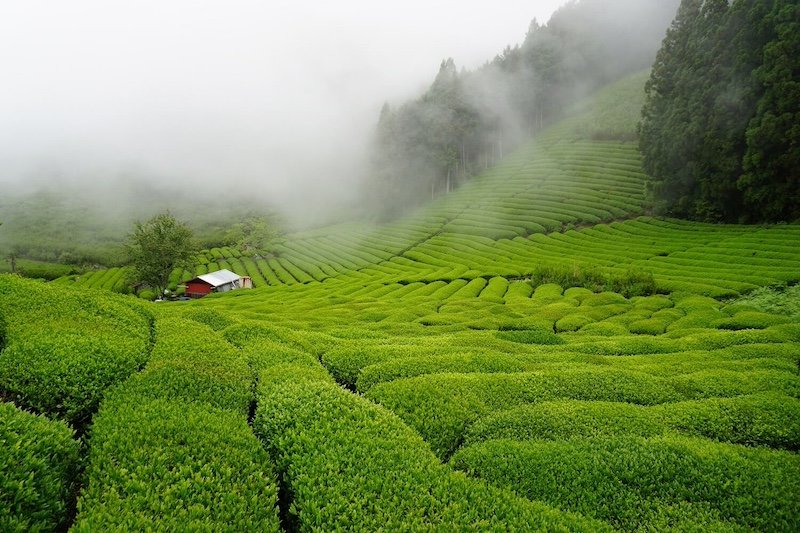Founded by Tsujimatsu Maruyama in Kakegawa of the Shizuoka Prefecture, the root of practicing Japanese Tea making deeply embedded in him led him to establish Maruyama Tea in 1933. For many years after, Maruyama Tea grew to produce the finest blends of Japanese green teas and matcha.
Certified organic with FSSC 22000 certification standards and the Halal certificate, Maruyama’s tea production is monitored thoroughly and every step of the production process is documented. This is made possible because they introduced their own quality control system by utilizing analytical equipment as well as professional Japanese green tea taste-testing professionals. This is also how they are fully recognised by the Global Food Safety Initiative (GFSI).
It is also important to note that Maruyama’s organic matcha range is separate from their usual matcha range. However, all their Matcha teas are certified Halal. Secai Marche supplies Maruyama Matcha from their original range.

With an organized tea farm management process that covers all from cultivars to growing techniques, Maruyama has a team of well-experienced and award-winning Tea Masters. They carefully discern and manage the taste, flavor, color and variety of tea leaves.
The tea leaves are raised from seeds that are laid out in a tea garden on virgin soil. These seeds are sown in either October or the season of spring and are then grown for a period of 4 to 5 years, with careful weeding and manuring, before they are ready to be harvested.
Let’s take a look at the different tea grades of matcha that Maruyama has to offer and are supplied via Secai Marche. Each type has their own specialties and are suitable for various uses.
Grade A
Dark green color with a balance between strong umami and astringency. Suitable for tea ceremonies and barista uses.
Grade E
Light yellow with green color. Blanched sweetness and astringency. Goes well with milk. Suitable for barista and baking uses.
Grade B
Dark slimy green color. Strong umami and astringency. Suitable for barista uses.
Grade F
Yellow green color with a slight astringency and bitterness. Suitable for confectionery and baking uses.
Grade C
Slimy green color with a blend of umami and astringency. Suitable for barista, confectionary and culinary uses.
Grade G
Apple green color, astringent and bitter. Recommended for blending with sugary products. Suitable for confectionery and baking uses.
Grade D
Light green color with slight umami and stronger astringency. Pairs well with other strong flavored products. Suitable for barista, confectionery and baking uses.
Grade UC
Light green color, astringent and bitter. Recommended for blending with sugary products. Suitable for barista, confectionery and baking uses.
With a matcha grading system special to Maruyama only, it becomes clearer on which matcha to use depending on the purpose of it. As matcha powders vary from color, flavor and texture, different grades determine which matcha powder is best used for culinary (baking or cooking), barista or ceremonial purposes.
With so many varieties of matcha powders catered for various uses, all that’s left is to unleash your creativity and inspiration when it comes to infusing matcha into your culinary ideas. If you are matcha-holic and would love to know more about what Secai Marche has to offer, head to our SECAI MARCHE Farm-Direct platform Buyer’s Page to browse our matcha selection. If you do not have a registered account with us, please drop us an email or a message, and one of our designated sales representatives will contact you promptly.



